To hedge, or not to hedge? 4 things to keep in mind when managing your currency exposure.
Deciding how to plan your company’s annual cross-currency exposure, is a very important task. Whether you make monthly supplier payments, bi-weekly salary payments, or are repatriating foreign revenue, if you aren’t planning ahead you are risking your bottom line.
But there are two sides to that coin. While it is risky to not lock in a predictable exchange rate to protect against markets tumbling, you also do not want to miss an opportunity to take advantage of favorable upswings in the market. So, what is best? While everyone has different ideas and strategies around planning currency exposure, at Dunbridge we have a couple principles that we like to stick to.
1) Leave yourself some upside: As currency markets are largely unpredictable, we rarely suggest taking a 100% hedge on your annual position. Businesses that have extremely narrow margins or loan repayments may want to fully hedge, but we find these circumstances are rare. While it is important to protect against a downturn, it is equally important to leave yourself some room to take advantage of positive movement. If you are a US business, buying CAD you might be comfortable at the start of your fiscal year locking in a percentage of your known exposure at $1.255, but you should always leave room to buy more if markets happen to swing up to $1.27. This approach protects you from a downswing, but also leaves you room to cash in on some good fortune.
2) The 25% rule: Dunbridge typically suggests locking in roughly 25% of your known annual exposure at the start of the year. From there, we work with our clients to monitor what is going on in the markets, in order to find them some upside throughout the year. This percentage is a nice amount to hedge, and also allows you the freedom to cash in on any positive market movement.
3) Pay attention to key events: Often overlooked, but very important, are key economic events that occur weekly. If you get our weekly currency outlook emails, you will note that all major events for the week are listed there. Whether its employment numbers, PMI, interest rate decisions, all of these events have significant impacts on currency pairs. We always recommend paying close attention to these.
4) Stay in close contact: Ensure you are staying in close contact with your FX trader. Dunbridge provides each of our customers with a dedicated relationship manager that will monitor your currencies and ensure to keep you up to date on key movements and events – While you are busy running your business, you won’t have time to watch the markets daily. So make sure someone is working the market for you, and is keeping you up to date.
Contact Dunbridge Financial to find out more about our hedging, international payment and receivables solutions.
Hello@Dunbridgefinancial.com
